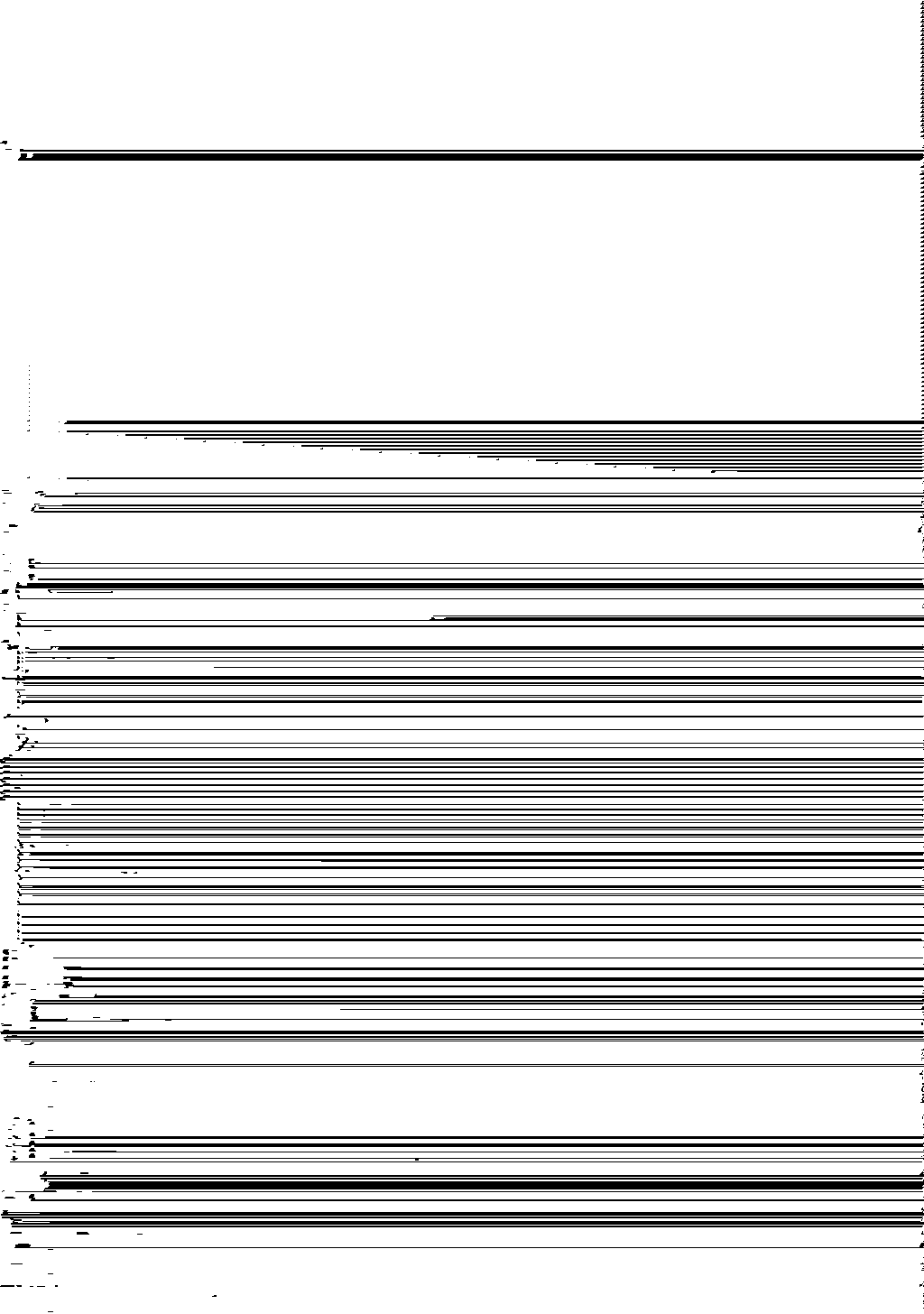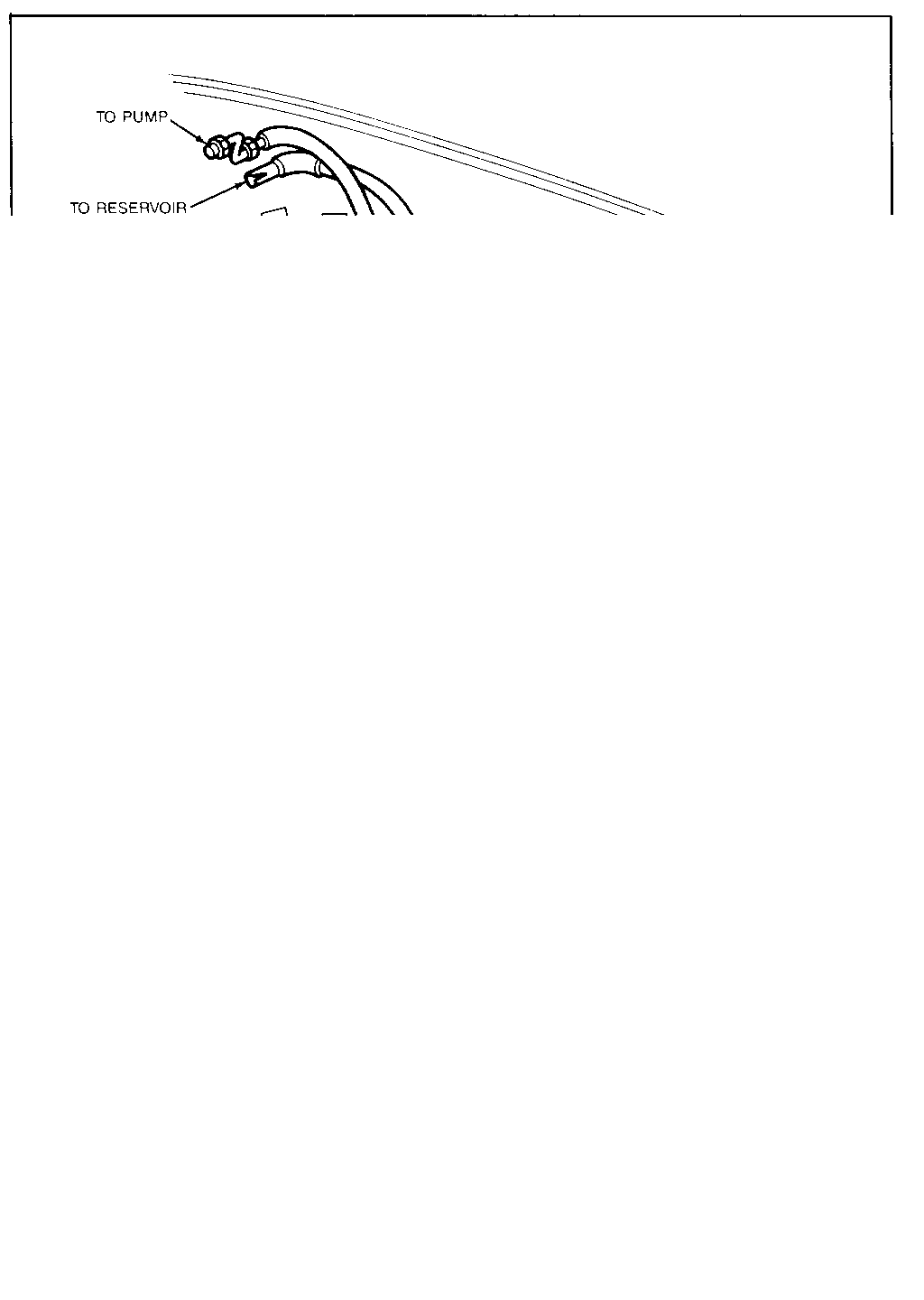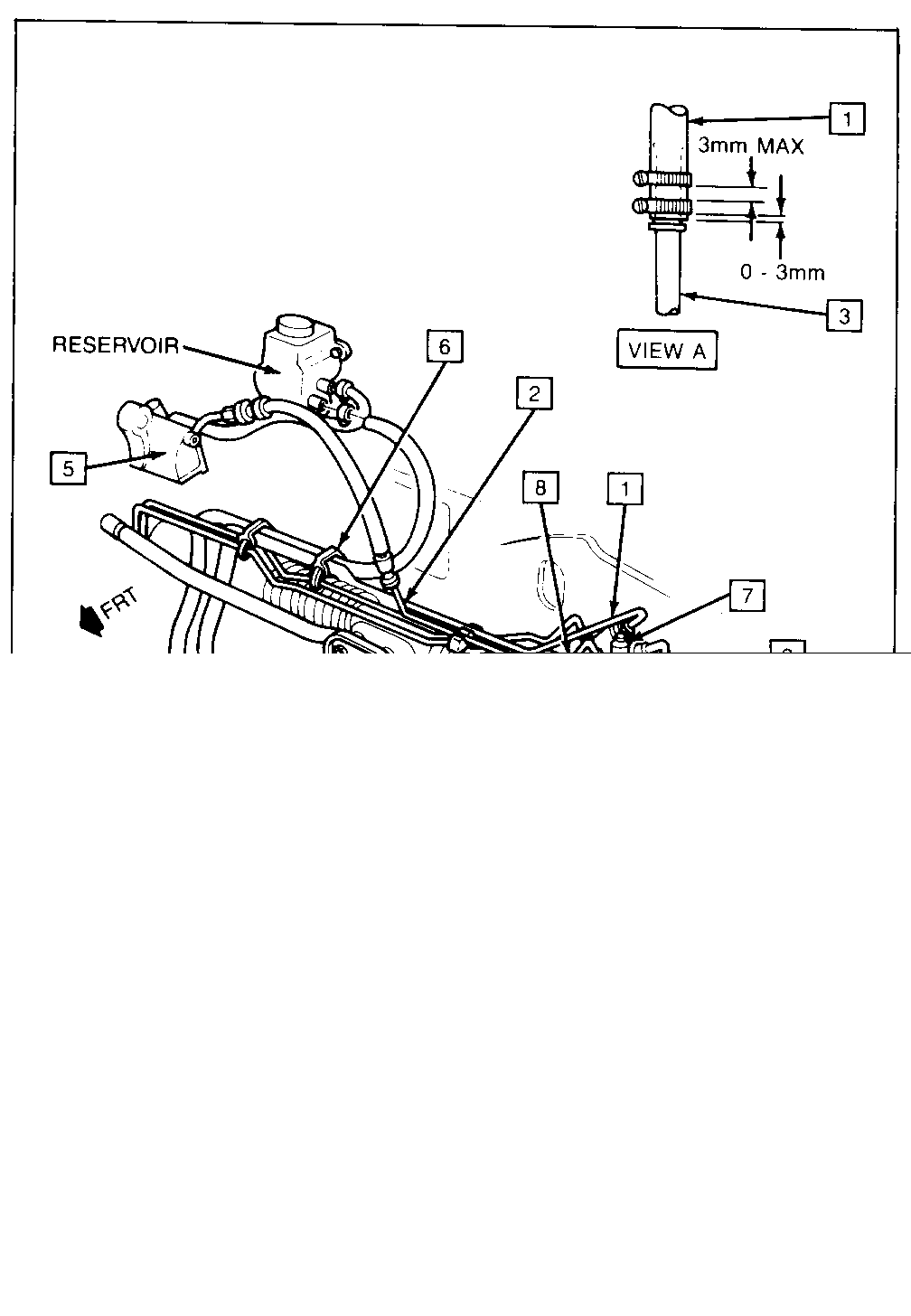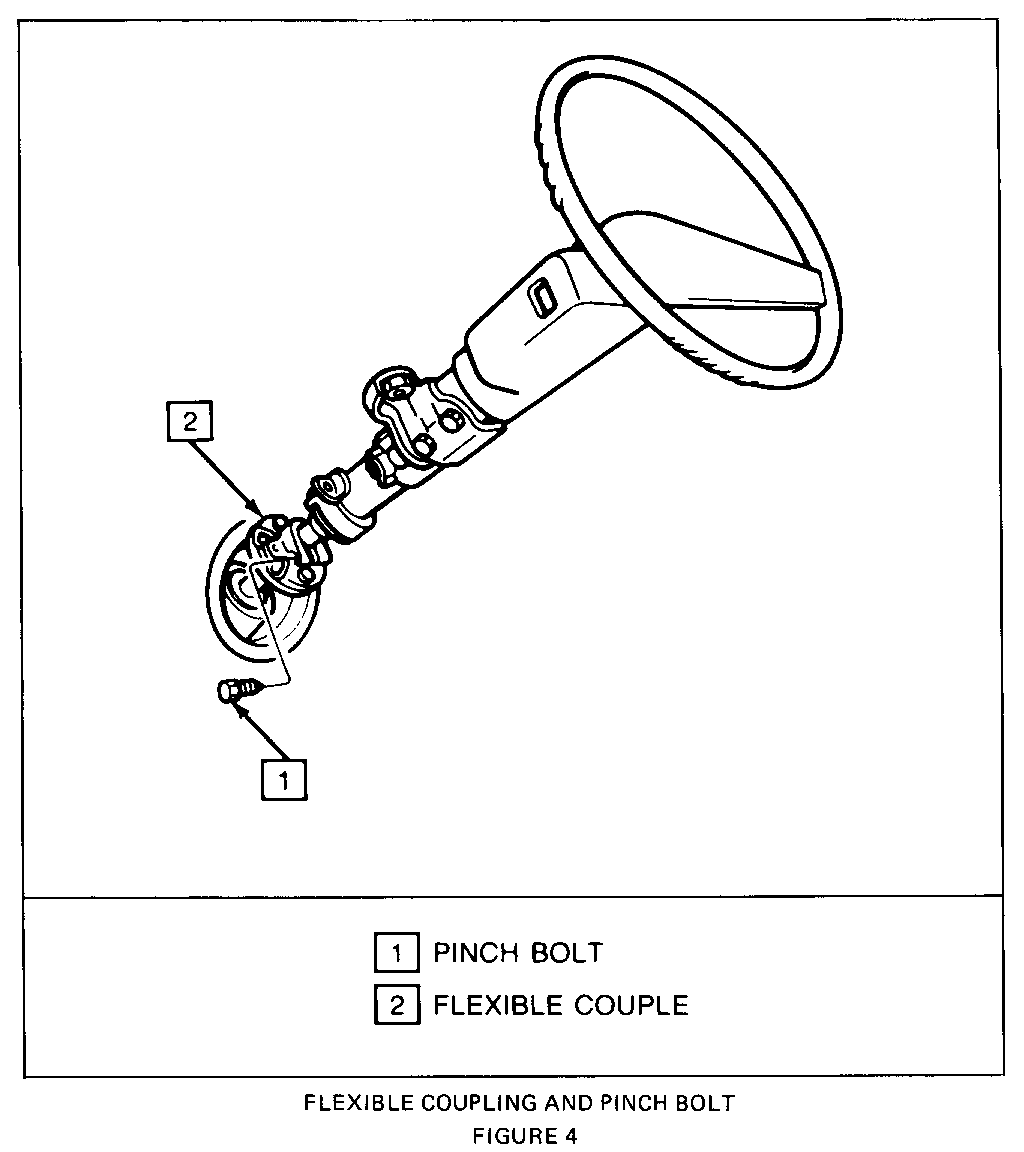STEERING WHEEL VIB. MOAN NOISE NEW P/N STRG. RETURN HOSE

VEHICLES AFFECTED: 1985 AND 1986 'J' CARS WITH 2.8L V-6 ENGINE
Some 1985 and 1986 'J' Cars equipped with the 2.8L V-6 engine may exhibit a steering wheel or steering column vibration and/or a booming or moaning noise while the steering wheel is turned with the engine idling. This condition may be caused by power steering fluid resonance in the return hose assembly between the steering gear and the steering cooler pipe.
To correct this condition a new return hose assembly has been released, P/N 26003798, and should be installed as listed below.
REMOVAL PROCEDURE
1. Remove as much fluid as possible from the power steering reservoir.
2. Remove cruise control servo with bracket and position out of the way as shown in Figure 1.
3. Remove power steering pressure switch. See Figure 2.
4. Remove pressure switch manifold and short section of pipe between manifold and steering gear. See Figure 2.
5. Remove two plastic retainers from power steering pipes. See Figure 2.
6. Disconnect left turn cylinder pipe shown as #8 in View B of Figure 2, and position out of the way.
7. Loosen left steering gear mounting bracket. Do not remove. See Figure 2.
8. From inside of car, remove pinch bolt from flexible coupling at the steering column base. See Figure 4.
9. Loosen the return hose assembly fitting at gear (#l, View B, Figure 2).
10. Reposition rack and pinion gear away from the cowl while disconnecting the return hose assembly fitting at gear.
11. Raise vehicle.
12. Remove clamp(s) attaching return hose to cooler inlet pipe (#3, View A, Figure 3). Push hose from behind rack and pinion gear to access the return hose assembly for removal.
13. On all 1985 vehicles, and early 1986 vehicles, remove hose, labeled #5 from cooler inlet to intermediate pipe shown in Figure 2.
14. Lower Vehicle.
15. Remove return hose assembly.
16. On all 1985 vehicles and early 1986 vehicles remove return hose first, then remove intermediate pipe labeled #3 in Figure 2.
INSTALLATION PROCEDURE
1. Position the new hose assembly in vehicle, inserting the flexible hose end behind the rack and pinion gear. Do not secure return hose assembly at this time.
2. Raise vehicle.
3. Install hose end of return hose assembly on cooler inlet pipe using clamps previously removed from vehicle (Figure 3, View A).
4. Lower vehicle.
5. Position gear assembly away from cowl while connecting the return hose assembly fitting to gear. Tighten to 27 N.m. (20 ft. lbs.).
6. Tighten steering gear mounting bracket nuts to 38 N.m. (28 ft. lbs.).
7. Install pinch bolt on flexible coupling at base of steering column as shown in Figure 4. Tighten to 50 N.m. (37 ft. lbs.).
8. Connect left turn cylinder pipe at gear. Tighten fitting to 27 N.m. (20 ft. lbs.).
9. Install two retainers for power steering pipes. Refer to Figure 3.
Note: Use plastic tie straps if original retainers cannot be used.
10. Install pressure switch manifold and pressure pipe between manifold and steering gear. Tighten all fittings to 27 N.m. (20 ft. lbs.).
11. Install power steering pressure switch and tighten to 12 N.m.(9 ft. lbs.).
12. Install cruise control servo with bracket and tighten nuts to 28 N.m. (20 ft. lbs.). See Figure 1.
13. Fill and bleed power steering system as described in the Service Manual for the carline.
This return hose assembly consists of a coupled hose and pipe which has been specially tuned to significantly reduce vibration. Because of these special characteristics, the new return hose assembly should not be shortened or modified in any way.
After installation of the new return hose assembly, inspect the system to ensure that the hose and pipe are properly positioned and are not contacting other parts of the car. Contact of the hose or pipe with the cowl may allow steering noise to be transmitted into the passenger compartment.




General Motors bulletins are intended for use by professional technicians, not a "do-it-yourselfer". They are written to inform those technicians of conditions that may occur on some vehicles, or to provide information that could assist in the proper service of a vehicle. Properly trained technicians have the equipment, tools, safety instructions and know-how to do a job properly and safely. If a condition is described, do not assume that the bulletin applies to your vehicle, or that your vehicle will have that condition. See a General Motors dealer servicing your brand of General Motors vehicle for information on whether your vehicle may benefit from the information.
